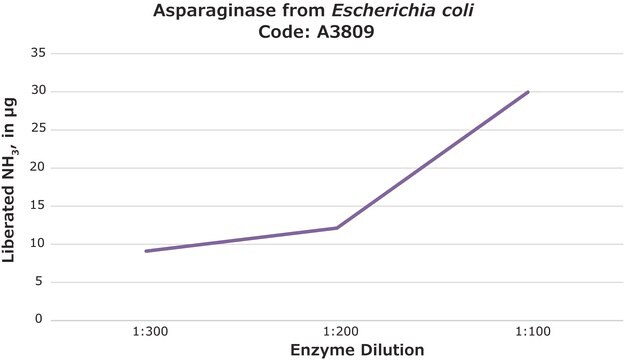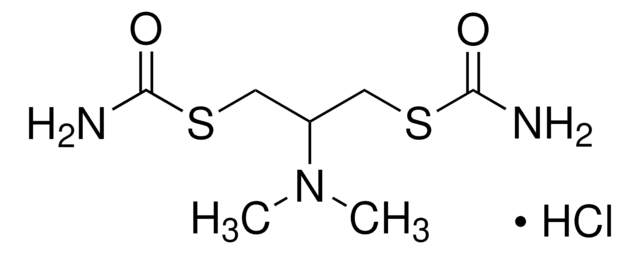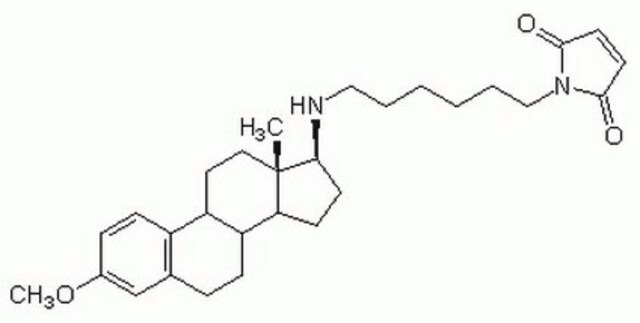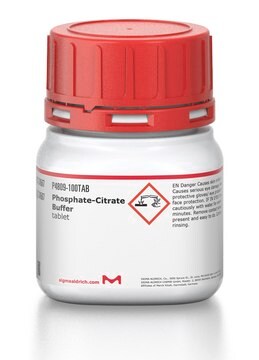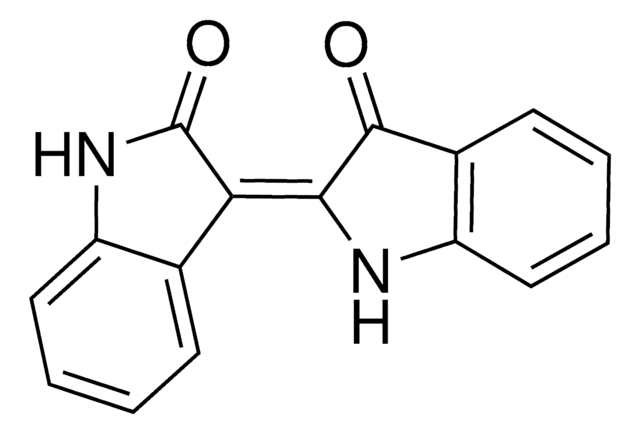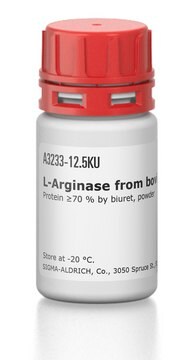MAK007
Asparaginase Activity Assay Kit
sufficient for 100 colorimetric or fluorometric tests
Synonym(s):
Asparaginase Test Kit
About This Item
Recommended Products
usage
sufficient for 100 colorimetric or fluorometric tests
detection method
colorimetric
fluorometric
relevant disease(s)
cancer
storage temp.
−20°C
General description
Suitability
Principle
Signal Word
Danger
Hazard Statements
Precautionary Statements
Hazard Classifications
Resp. Sens. 1
Storage Class Code
10 - Combustible liquids
Flash Point(F)
188.6 °F - closed cup
Flash Point(C)
87 °C - closed cup
Certificates of Analysis (COA)
Search for Certificates of Analysis (COA) by entering the products Lot/Batch Number. Lot and Batch Numbers can be found on a product’s label following the words ‘Lot’ or ‘Batch’.
Already Own This Product?
Find documentation for the products that you have recently purchased in the Document Library.
Customers Also Viewed
Articles
This assay protocol is suitable for the colorimetric/fluorometric detection of Asparaginase activity in bacteria, cell and tissue culture supernatants, plant samples, biological samples, and food samples using the Asparaginase Activity Assay Kit (MAK007).
Our team of scientists has experience in all areas of research including Life Science, Material Science, Chemical Synthesis, Chromatography, Analytical and many others.
Contact Technical Service